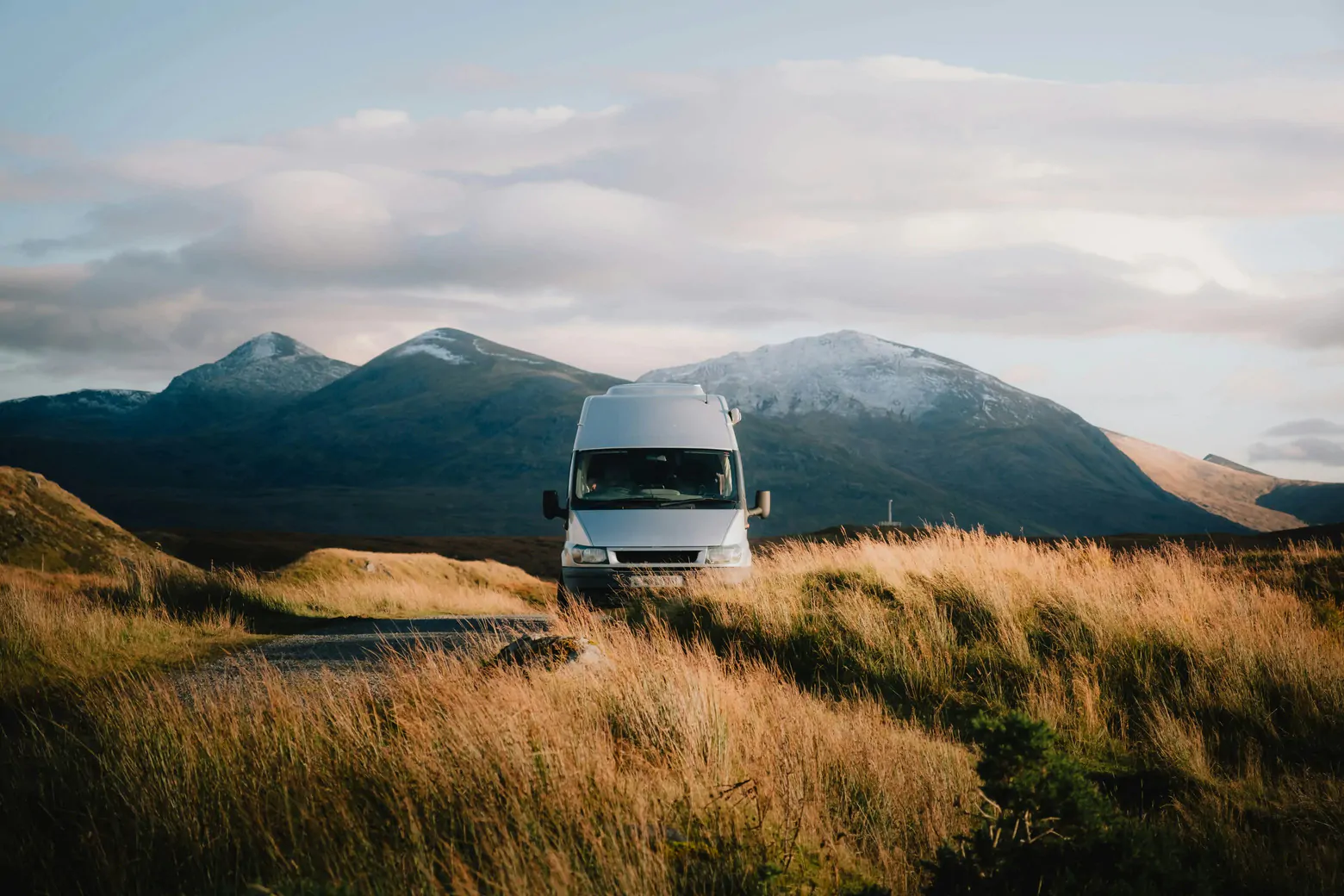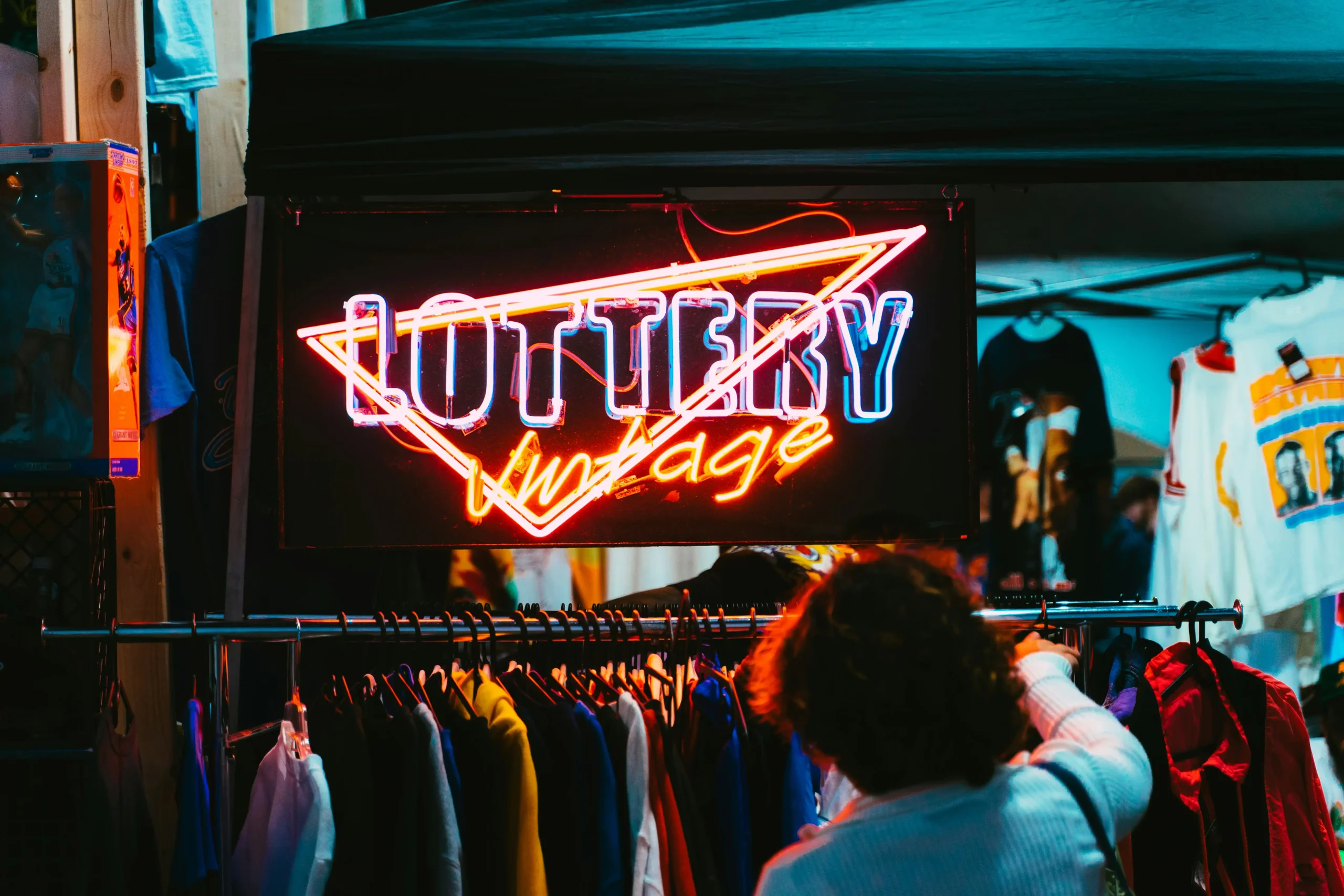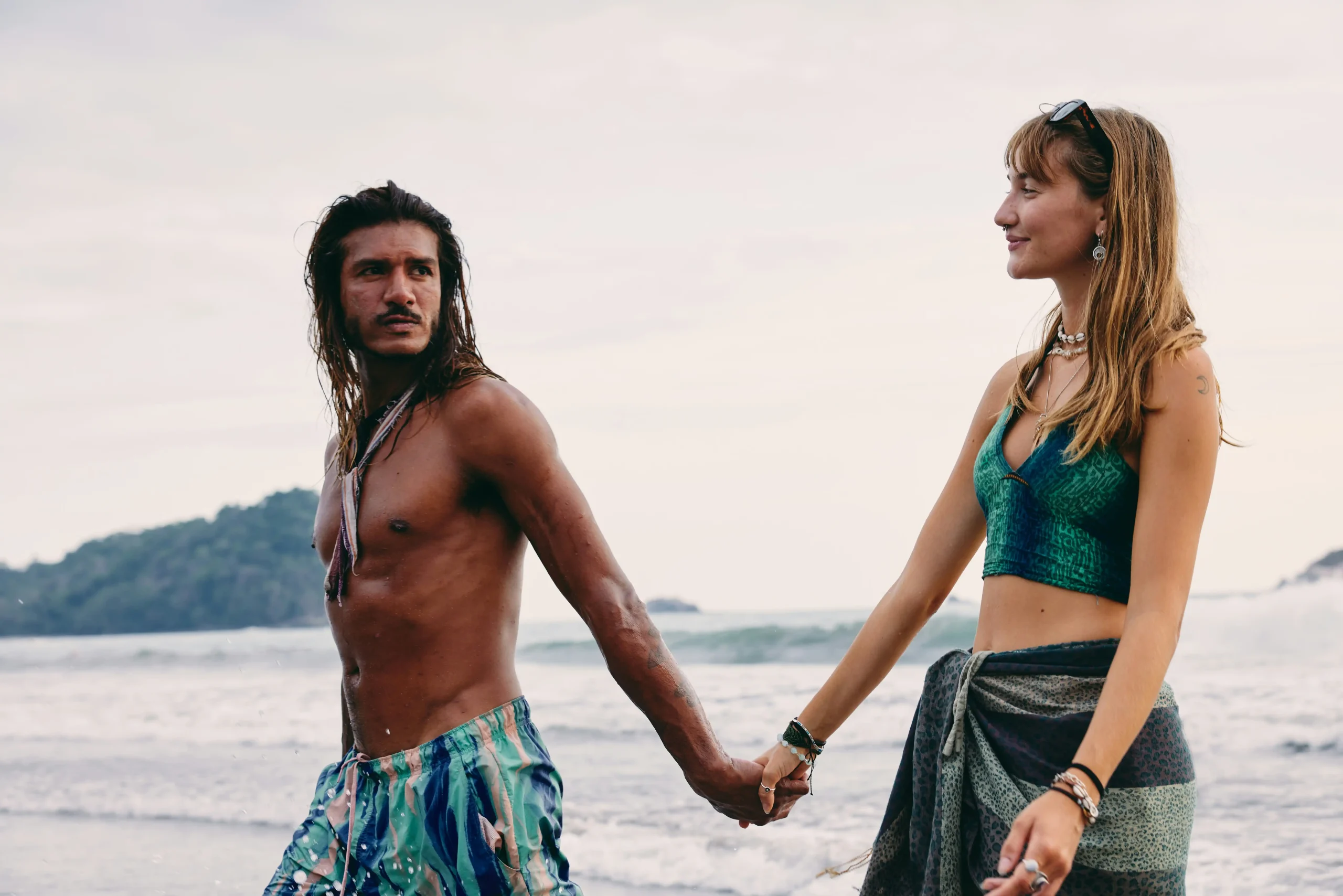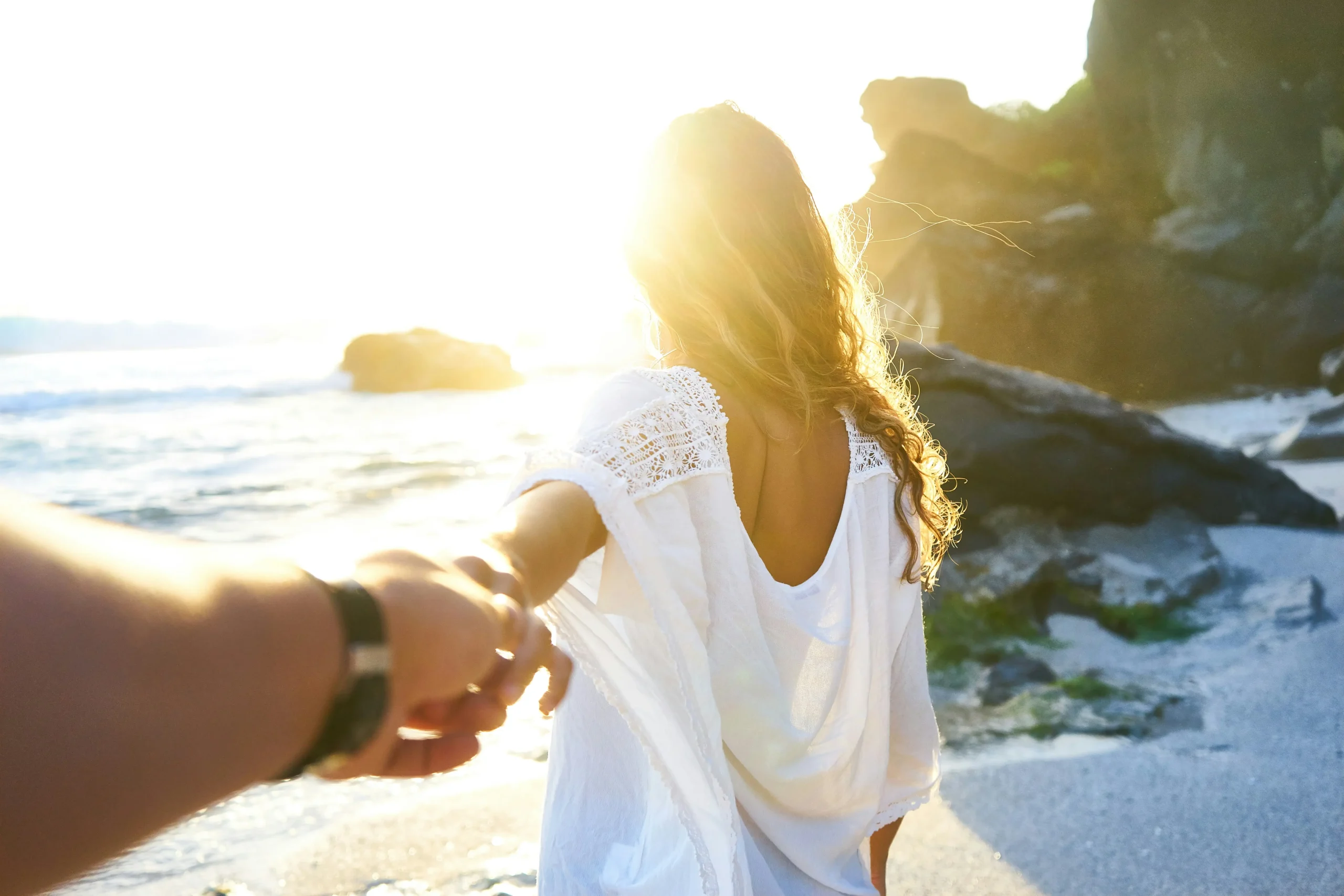The geologically youngest part of Europe with a population of just over 300,000. With its beauty and unwavering nature, it attracts travelers from all over the world. The island has a harsh, untamed climate, which clearly marks the superiority of nature over man. Nonetheless, living conditions here are downright ideal, and residents live in one of the safer countries in the world. The following text comes from Natalia, a young journalist and GentleWoman reader, who combines her passions with extraordinary energy and will present “interesting facts about Iceland” ” – This time he will take us to Iceland.
Table of Contents:
- Cleanliness in Iceland
- Aurora borealis
- Geothermal energy
- A mosquito-free island
- Sheep
- Islanders
- Icelandic language
- Belief in elves
- No names
- Incest in Iceland
- Iceland – the world’s most well-read nation
- The happiest nation in the world – interesting facts about Iceland
- Without McDonald’s
- Hot dog
- Rotten Shark
- Prince Polo
- Security in Iceland
- Polish population
Iceland is described as the land of ice and fire, due to the glaciers that occupy about 11% of its surface and the lava fields that make up as much as 30%. It’s a place where the elements meet, and history and modernity are intertwined in harmony. In addition to its beautiful nature, Iceland offers a rich culture and customs. Here are some highlights that make Iceland a unique place on earth:
Cleanliness in Iceland
Iceland is the cleanest country in Europe. There is a very strong emphasis there on taking care of the environment, which translates, among other things, into water purity. The water in Iceland is so clean that people can drink straight from the tap, so when traveling in these areas, you don’t have to worry about buying bottled water in stores.

Aurora borealis
Iceland is one of the best places to observe the aurora borealis. Hunting for this phenomenon begins in late August and ends in early April. The emptiness that exists in most places in Iceland makes the aurora very visible and stretches spectacularly over the heads of travelers.
Geothermal energy
Iceland is a leader in the use of geothermal energy. More than 90% of homes in Iceland are heated with this green energy. The thermal water also feeds the pools, spas, hot springs for which the island is famous, and… greenhouses where bananas are grown.
A mosquito-free island
Iceland is one of the few places in the world where there are no mosquitoes or ticks. Scientists surmise that this is due to specific climatic conditions and the chemical composition of the water and soil, which are not conducive to their growth. It is an ideal place to take a break from buzzing insects.

Sheep
The island is home to twice as many sheep as people! This becomes especially apparent during the summer season. When traveling in Iceland, you are more likely to encounter a sheep there than a human. Icelandic law stipulates high penalties for hitting a sheep, which becomes problematic due to the fact that in some regions these animals are allowed to walk freely on public roads.

Islanders
Icelandic horses are the pride of the nation and there are many rules to protect the Icelandic breed. They were brought to the island by the Vikings in the 9th and 10th centuries. Since then, they have been bred in isolation, making them develop as a unique breed without outside influence. Iceland has enacted strict regulations prohibiting the importation of other breeds of horses to protect their genotype and be sure of the purity of their blood. In addition, if a horse leaves Iceland, it can never return. The ban is designed to protect the breed from disease and genotype contamination, so horses exported from Iceland remain abroad permanently.

Icelandic language
Icelandic is the only official language on the island and does not accept much borrowing from foreign languages. The Committee of Language Experts tries to stamp out all foreign words and invent Icelandic equivalents for them. Icelanders have also not developed any dialect, and the language has hardly changed since medieval times. As a result, natives can easily read the Viking sagas in the original. While in Iceland, it is worth remembering a commonly used epithet there, which can be heard when someone is really upset. It reads “pin porskur!”, which in Polish translation means “you cod!”.
Belief in elves
Icelandic elves are the pride of Icelandic folklore and have a strong influence on the lives of the island’s inhabitants. During surveys, a larger proportion of residents responded that they do not believe elves or trolls actually exist, but by being raised to believe in these mythical creatures, somewhere deep down they feel they may be real. The belief in elves is so deeply ingrained in Icelanders that they often take precautions when building infrastructure so as not to disturb the supposed abodes of these beings.

No names
Icelanders have retainedthe Old Norse tradition of not using family names. Instead, they add the suffixes -son (son) or -dóttir (daughter) to the name of the father or, more rarely, the mother. As a result, Óskar’s son will bear the surname Óskarsson, and his daughter will bear the surname -Óskarsdóttir.
Incest
Because of its small population (about 380,000) and geographic isolation, Iceland has a high risk of kinship between partners. One of the best-known tools used in Iceland to track family ties is Íslendingabók (Book of Icelanders). This is a geological database created in 1997 that allows Icelanders to check their kinship with others in the country. There has even been a mobile app linked to Íslendingabók, which makes it easier for residents to access kinship information. The app has an “Incest Spoiler” feature, which alerts users if there is a close relationship when two phones are pressed together.
The world’s most well-read nation
Icelanders love to read and are the world’s most well-read nation! It has the highest number of books read per capita. In addition, the largest number of writers originated from Iceland, and crime fiction is particularly popular there. There is a saying among Icelanders – “better barefoot than without books”. The high reading statistics are probably related to the conditions in Iceland. Reading books is a favorite attraction of locals during dark and cold days.
The happiest nation in the world – interesting facts about Iceland
The World Happiness Report ranking is an annual report on the level of satisfaction with life of people around the world. The compilation is based on data that, with the help of the Gallup World Poll, is collected in nearly 150 countries. Countries are ranked in terms of happiness, expressed as an average of the residents’ quality of life ratings over the previous three years. Iceland took the podium and came in 3rd place!

Without McDonald’s
Iceland is one of the few countries where you won’t find a McDonald’s restaurant. The chain’s last location closed in 2009 during the financial crisis, and so far there have been no efforts to reopen locations. Those thirsty for fast food will have to settle for KFC and the very popular hot dogs in Iceland.
Hot dog
The hot dog is the most popular meal and you can get it almost anywhere. In Reykjavik you can find the best hot dog in the world, which Robert Makłowicz himself raved about. What sets it apart is the sausage made from lamb meat.

Rotten Shark
In the days when there were no refrigerators and people had to make provisions for the long winter, food was prepared using only available preservatives such as salt and vinegar. For this reason, a traditional Icelandic delicacy is Hákarl, or fermented Greenland shark. This fish does not have kidneys, so all the toxins are retained in its flesh, so its consumption can even lead to death. By subjecting it to a putrefaction process, followed by maturation, the toxins are removed from the meat, thereby facilitating digestion. The fermentation process takes 6 to 12 weeks (depending on the season). It is carried out underground by burying the shark in the ground and covering it with stones.
Prince Polo
Prince Polo appeared in Iceland as early as the mid-1950s, at a time when the island had a ban on candy imports. At the time, there was a trade proposal between Poland and Iceland. The Poles were to get herring from the Icelanders, and the latter were to get vodka, wood and… Prince Polo or Prins Póló, as the islanders called it, in return . For a long time, the Polish wafer was the only foreign confectionery available, which caused a lot of demand. To this day, the chocolate treat is very popular among Icelanders.
Security
Iceland is one of the safest countries in the world. Crime there is extremely low, and the police do not carry firearms. An exceptional sense of security regularly puts Iceland at the top of the happiest countries rankings.
Lack of troops
Iceland boasts a lack of a military. To some extent, their function is performed by the Coast Guard, police forces and air defense system. In addition, they have a defense agreement with the US.

Polish population
Poles are the largest national minority in Iceland. According to the data, as many as 20,000 of our compatriots are registered for a longer stay. When traveling through Iceland, there is a very high probability of meeting a Pole, especially at gas stations or in eating establishments.
Iceland not only surprises with its beauty, but also with its ideas and solutions. It is a small country with a huge tradition. The lives of residents are filled with peace and security. Despite its high geographic isolation and harsh climatic conditions, Iceland has managed to attract a community that creates a harmonious landscape. The whole suggests that Iceland is a great place to live and commune with wildlife.





